The new CONCORD and Hands on the Land publication ‘Investing for Development?’ examines the impacts of the EU’s investment regime on food security, the Right to Food and land governance.
“Smallholders are responsible for over 90% of all investment in agriculture and for up to 80% of all the food produced and consumed in the world. They are the ones that the EU must support”
This paper sheds light on how the dominance of the corporate private sector-led approach in both EU’s investment regime and development cooperation framework jeopardizes the EU’s commitments to PCD and human rights, and adversely impacts the food security and the livelihoods of small-scale food producers in developing countries.
A shift in EU development and investment policies results in increasingly placing the responsibility for supporting rural development in the hands of the corporate sector. Indeed, the recent EU development cooperation agenda for food security incentivizes de facto a stronger role for large-scale private capital, over public sector investment, in smallholder farmers and regional markets. In addition, the EU investment regime protects large investors’ rights over governments’ policy-making space for protecting the right to food of small-scale producers.
In the absence of a recognition that small-scale producers constitute the most important “private sector” in developing countries, EU development cooperation and investment protection strategies are in total contradiction with its own food security policy framework (2010) that aims to enhance sustainable small-scale food production as a mean to increase food security in developing countries.
Within the context of the European Year for Development and EU’s Policy Coherence for Development approach – implying that the objectives pursued in development cooperation should not be jeopardized by the effects of policies and actions in other policy areas– the paper presents the following recommendations:
- Investment frameworks and agreements promoted and concluded by the EU should be coherent with the EU’s and its Member States’ international human rights obligations to ensure that such agreements do not directly or indirectly undermine human rights in other countries. Instead, the EU’s current investment regime facilitates and protects corporate grabbing of resources and markets in the Global South with negative impacts on small-scale food producers’ human right to adequate food.
- EU policies and practices impacting on developing countries should be coherent with the EU Policy Framework to Assist Developing Countries in Addressing Food Security Challenges (2010), which constitutes the most comprehensive reference on how to address food and nutrition issues in accordance with EU values and vision. Instead, recent communications have introduced internal contradictions into the EU’s cooperation strategy and risk undermining support for small-scale food producers and exporting an agro-industrial model of farming whose negative impacts in Europe are being critiqued today.
- The EU should rehabilitate and reinforce the role of public sector policies and investment in development. Robust regulatory frameworks need to be put in place within which the various private sector actors must operate, including where the use of public-private partnerships (PPPs) is concerned. These policies and frameworks should protect the rights and food security of the vulnerable and prioritize investment in small-scale producers and domestic SMEs and microenterprises as they offer the greatest potential to drive equitable development.
This report is available for download here: Spotlight – Investment and PCD

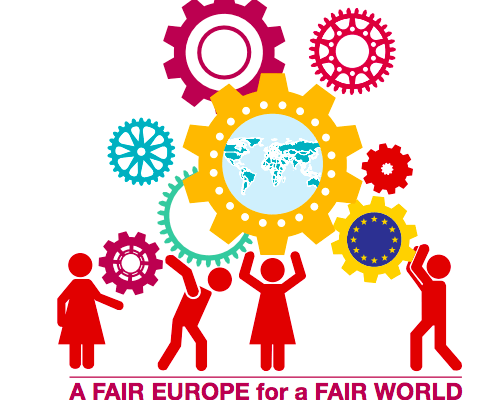



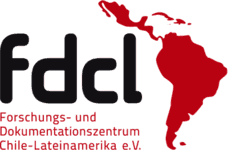
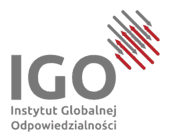





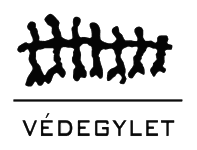
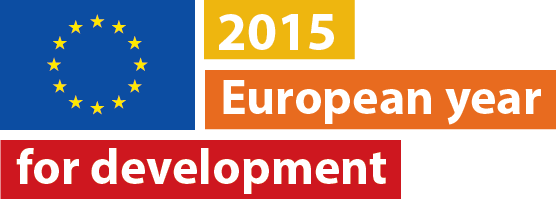
 This campaign is financially supported by the European Commission. The views expressed herein are not of the EC.
This campaign is financially supported by the European Commission. The views expressed herein are not of the EC.